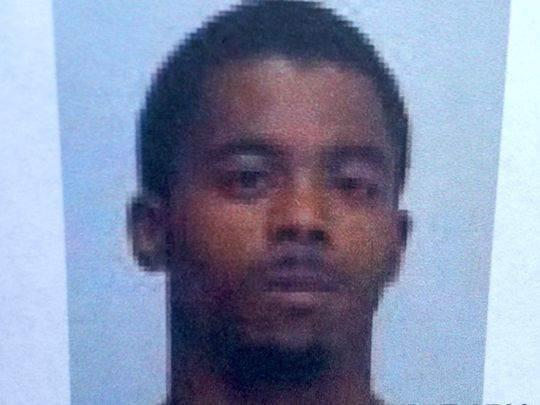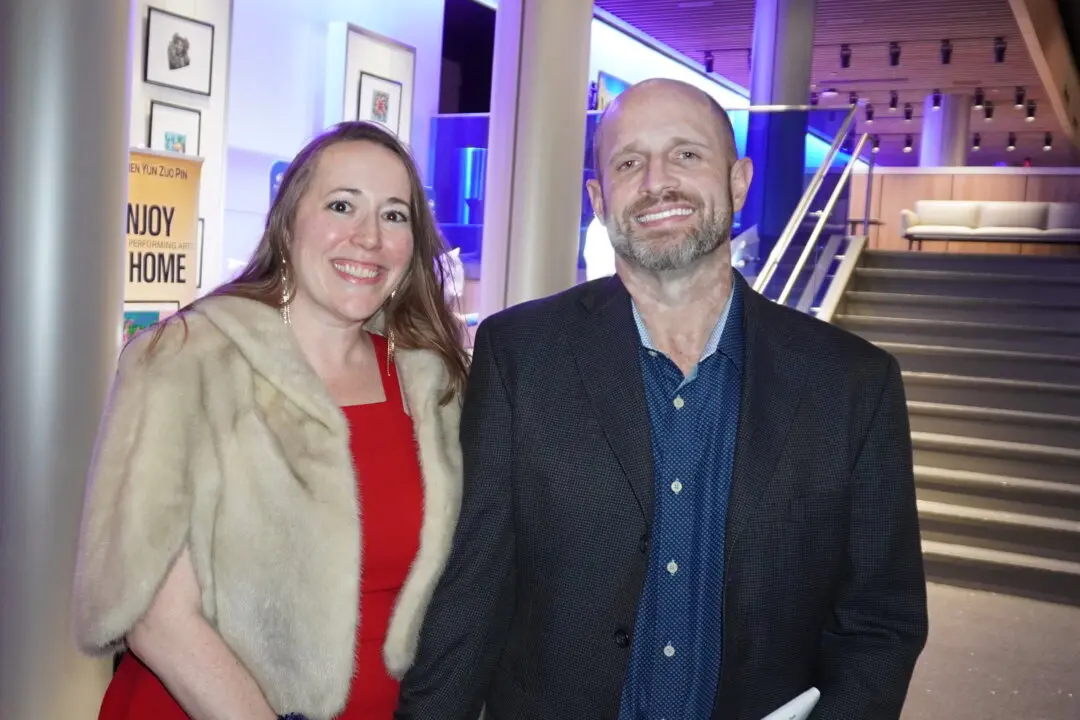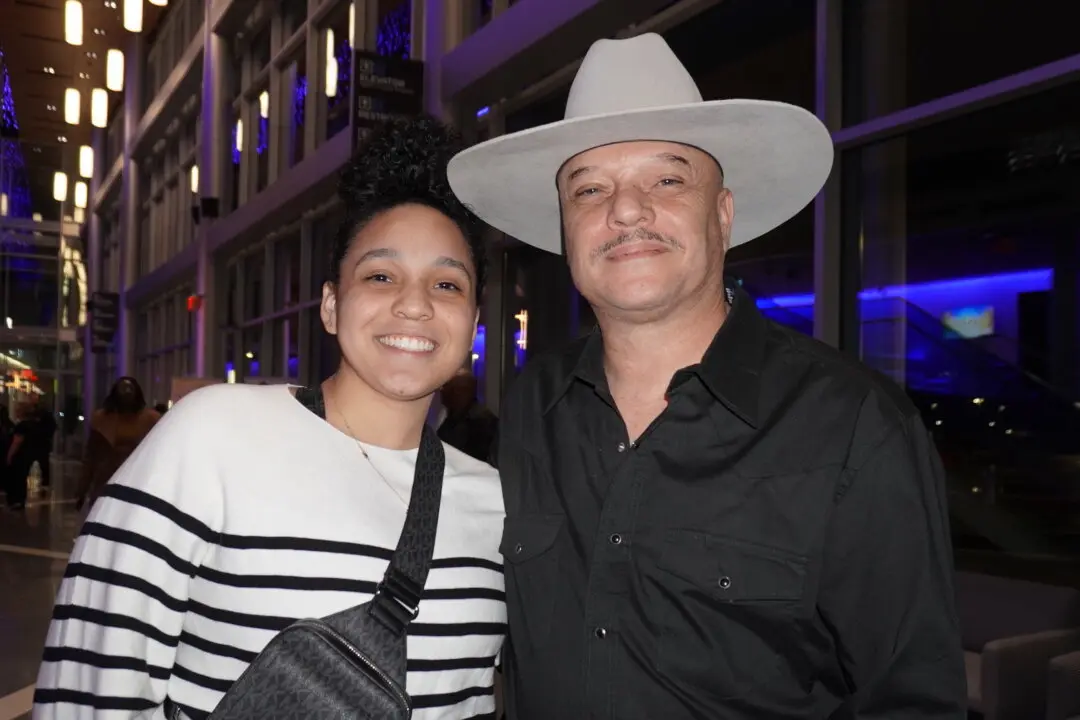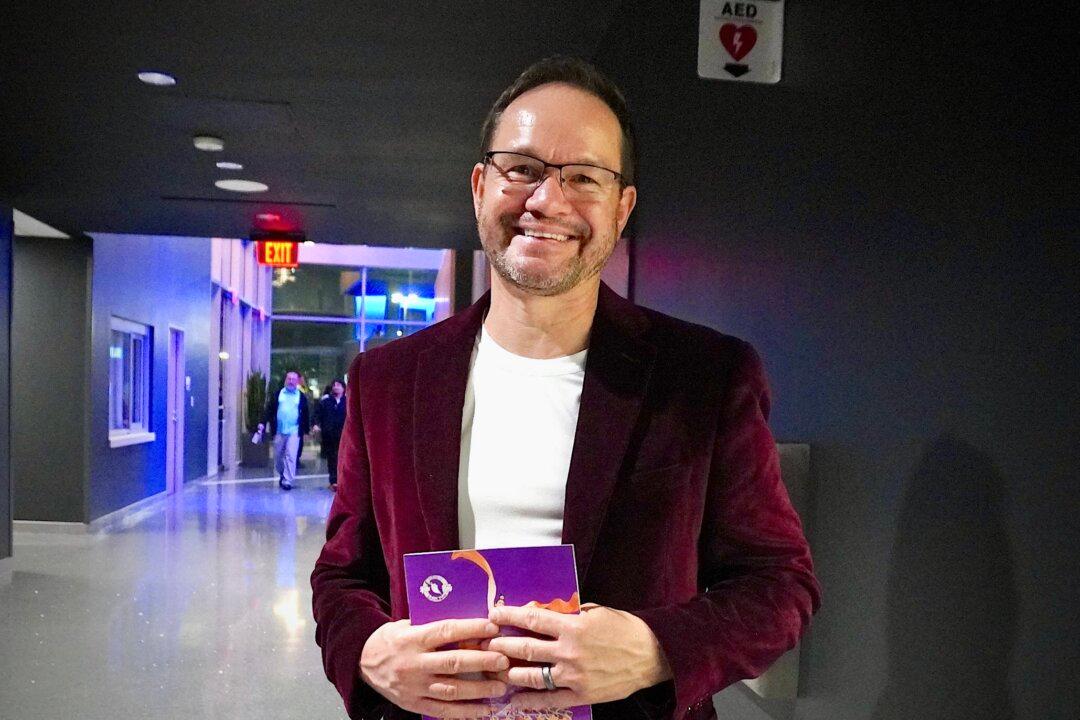A Mississippi man charged with second-degree murder for leaving his baby in an overheated car while he was at work will likely have his charges reduced, his attorney said.
Joshua Lewis Blunt, 25, left his daughter, who was 8 months old, in the vehicle for “some period of time” outside a restaurant where he works, Grenada Deputy Police Chief George Douglas told the Clarion-Ledger newspaper. The child was spotted by a passerby before calling the cops.
The child was “hyperthermic” when she was taken in the restaurant before EMS workers arrived on the scene to treat her and take her to the University of Mississippi Medical Center, in Jackson, Mississippi. There, she was declared dead, the Clarion-Ledger reported.
He was charged with second-degree murder last week.
But on Monday afternoon, Blunt’s attorney, Carlos Moore, said his charge will be reduced to culpable negligence. Grenada City Prosecutor Jennifer Adams also confirmed it would be amended, without elaborating.
On Tuesday, CBS News reported Blunt was released from jail. He could face one year in prison if convicted of culpable negligence.
But, Moore added, “We still don’t think (Blunt) deserves to do any time in prison.”
He said at play in the second-degree murder charges against him was “blatant racism.”
“The people making the decisions are white. It’s unquestionably related to racism. If this man had been any other color besides black I believe he would be at home, grieving like a normal father and preparing for a funeral,” he said.
Two weeks before the toddler’s death, Caroline Bryant, a 2-year-old white girl, died after she was left in a hot car by her mother. No charges were filed.
Moore questioned why Blunt, who is black, was charged while the woman was not charged. “The million-dollar question is: What is the difference in the two scenarios?” Moore asked. “The only difference I see is race, and that’s sad.”
But Grenada Assistant Police Chief George Douglas said in another separate interview that race was “most definitely not a consideration.”
“We did not investigate, nor did we charge, in this case as relates to race,” Douglas said.
Janette Fennell, founder and president of the Kansas-based KidsAndCars.Org, said that between 1990 and 2015, charges were brought in 45.5 percent of cases involving the deaths of children in hot cars in the U.S., and no charges were brought in 44.5 percent of cases. It was unknown if charges were brought in the remaining 10 percent of cases, she said.





